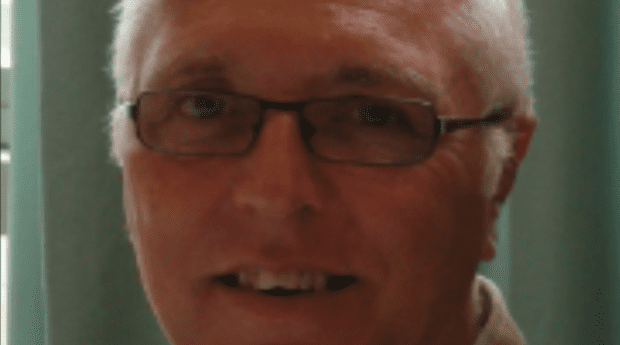A professor at Vancouver’s Simon Fraser University is leading a new research project aimed at helping lesbian, gay, bisexual and transgender seniors make end-of-life preparations.
Brian de Vries says he hopes to “empower people to take charge of their life.” The adjunct professor of gerontology received a $100,000 grant to study the needs of Canada’s LGBT seniors from the Technological Evaluation in the Elderly Network, a not-for-profit organization that supports multidisciplinary research and knowledge sharing for seriously ill elderly people and their families.
“Nobody talks about death. We live in this culture of death-denial,” he says. “We have such ambivalence with death, especially in North America. On one hand, we’re fascinated with it through television and movies, and on another, we’re deathly afraid of it.”
The aim of the study, he says, is to find out what barriers prevent people from speaking about end-of-life arrangements, how to navigate those barriers and how to safely discuss the topic and share information.
De Vries says aging LGBT people dread death as much as heterosexual seniors. Research shows that LGBT seniors are also more likely to age alone with limited support systems available, he adds.
The result, he says, is poorer overall health among LGBT seniors and less end-of-life preparedness.
“In the ’70s and early ’80s AIDS happened, and everything turned to trying to understand the experience of dying and living with HIV, and the issue of aging was lost,” de Vries says.
But with the success of anti-viral drugs in the last 20 years, gay men have started talking about aging again, he says. “It’s been a relatively recent conversation.”
During the year-long project, de Vries and a colleague plan to host focus groups in Toronto, Vancouver, Montreal, Edmonton and Halifax, where they will ask, among other things, how prepared LGBT seniors are for death.
The Vancouver focus groups were successful, he says. A future town hall meeting, which de Vries hopes will “serve as a stimulus for better planning,” will gather input from community groups and service providers. Information from the study will also be available online. The website will be the final piece of the project, he says, and is still being designed.
De Vries, who is also a professor of gerontology at San Francisco State University, has led past focus groups examining end-of-life needs for LGBT seniors in Palm Springs, where a significant proportion of the population is gay and lesbian, and many of them are seniors. There he found that less than half the LGBT seniors sampled had documents such as wills prepared. “Those who had documents were still largely under-prepared,” he adds.
Standard heterosexual family models generally include children and a partner, which, according to de Vries, establishes a “default network” to help handle end-of-life details. “But in the LGBTQ community, the majority, especially gay men, are without a partner and children at the end of life,” he says.
De Vries says he wants to hear from LGBT seniors across Canada “about what needs to be done for them and how we can provide action.”

 Why you can trust Xtra
Why you can trust Xtra


